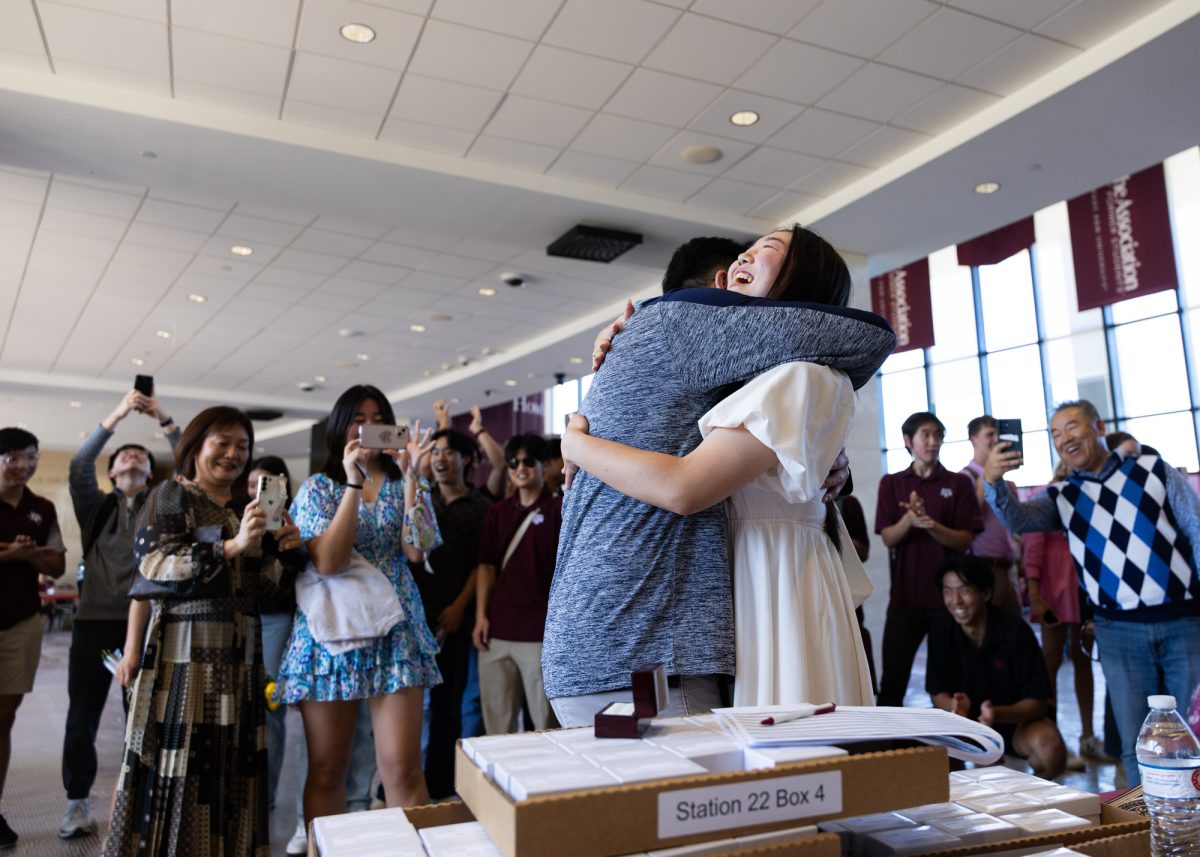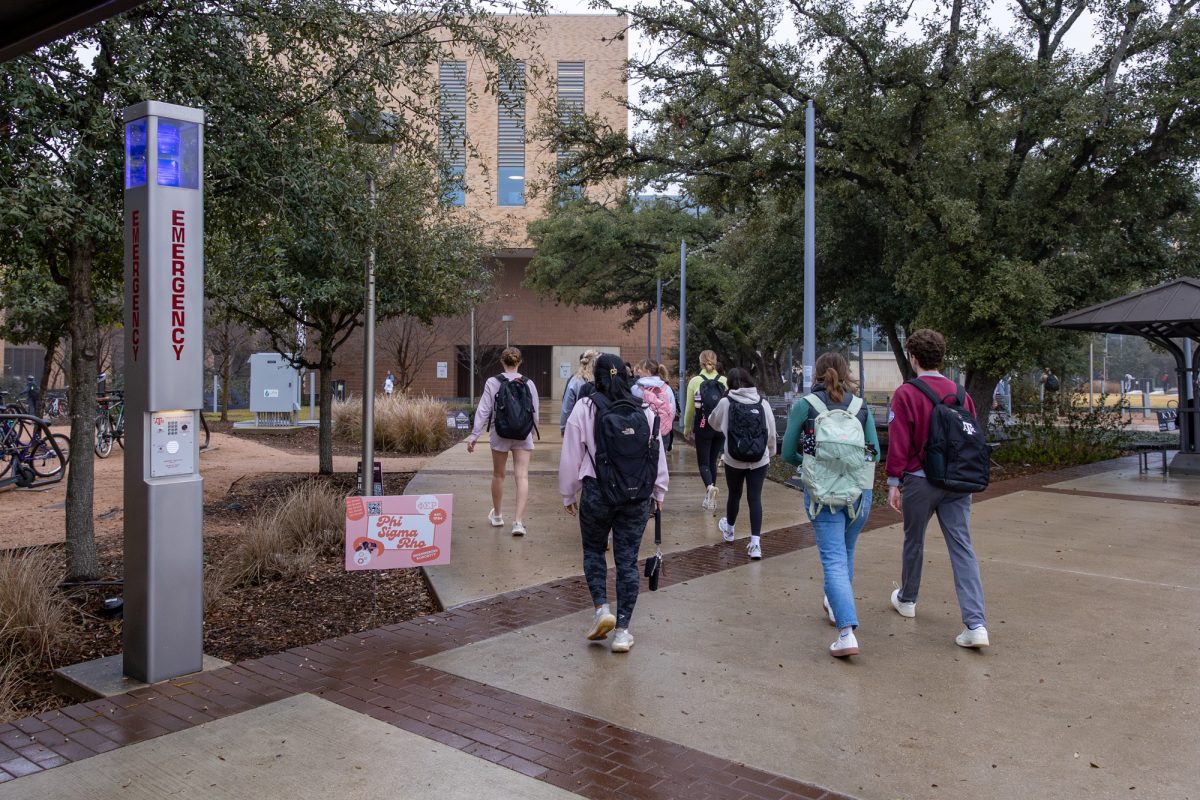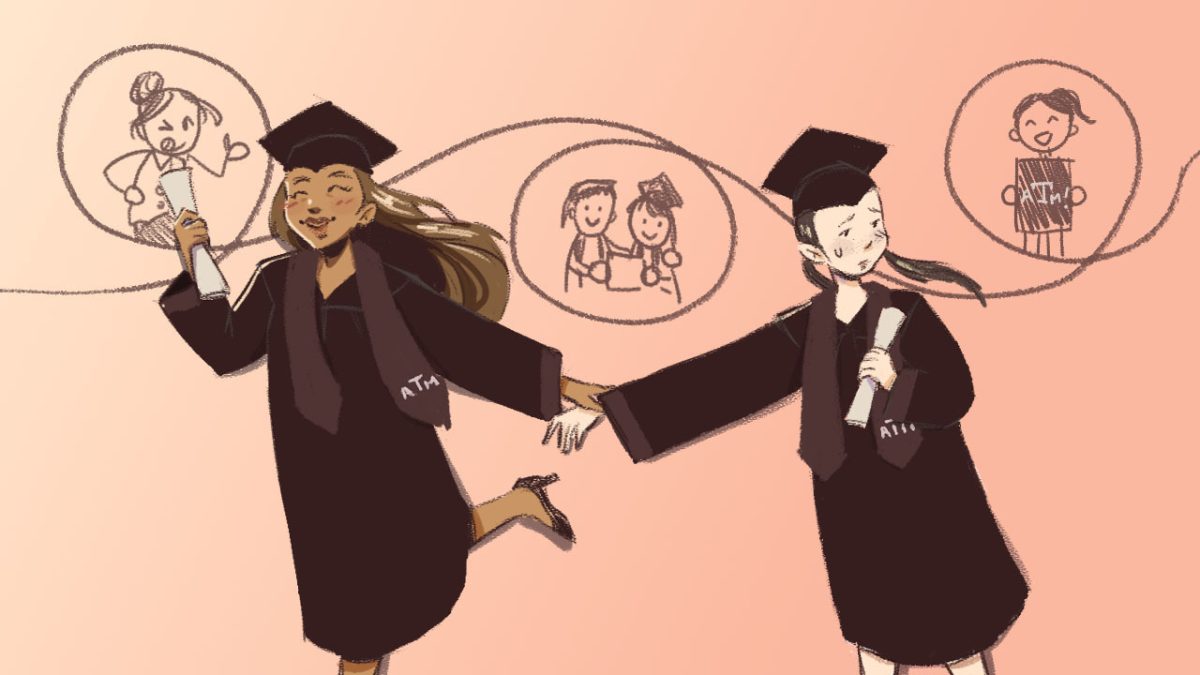I would be lying if I said I didn’t lie on my college applications. I don’t mean the type of lie that would have gotten me a leg up, necessarily. There was no falsifying of volunteer hours or recommendation letters. I would say the lie was much bigger than that and far more consequential even today: I lied about my values and aspirations.
In the 10 years prior to applying for college, my life happened in crowded auditoriums. For a decade, I had layers of Ben-Nye foundation, sweat and crocodile tears baked into my skin under harsh stage lighting. “Actress” wasn’t just something to call myself; it was evident to everyone around me that this was something I took very seriously. I remember impressing all my family members with talks about talent agents and film auditions.
All of this slowed down, however, when I entered high school. As I earned this reputation amongst my family and peers as a straight-A student, the conversations about my acting career shifted from encouraging to condescending. My relatives met any mention of continuing education in acting or theatre with disapproving eyes that taunted, “Are you sure about that?”
Though I was pretty sure about “that,” I thought the best way to guard myself against this criticism was to develop a backup plan; a second, “safer” future you create for yourself upon recommendation of concerned onlookers. We usually comprise it of some less interesting, alternative career path that would offer more financial security. In my case, it was supposed to be a career more “realistic” than acting (realistic being something specifically outside of the arts and, preferably, requiring a college degree).
These limitations, combined with the silent expectation to do something “impressive,” sent me into a whirlwind of indecision. I pushed and pulled myself in several weird directions that ranged anywhere from a plastic surgeon to petroleum engineer, and finally to the Mays School of Business to study business law.
As a result of pursuing this plan, white lies and ramblings evoked some non-existent admiration for our justice system sprinkled my essays for college. They fabricated back stories and performed, thematic gymnastics in an attempt to connect my resume to my aspirations as a lawyer.
My first few weeks here at A&M, I would sit at the front of my business class miserably trying to conjure excitement to no avail. I would walk around campus feeling haunted by dead dreams. It wasn’t long before discontent became deep depression. I was daydreaming constantly about being somewhere else, doing something else. I started to feel this was always meant to be my only plan.
The problem with my ambitions is they weren’t my own. They were entirely manufactured by this fear I had of disappointing people and, ultimately, of failure. But the less I thought about the salary that schools conveniently print next to the career title, the more I felt like I had already failed.
Getting away from these fears has been difficult. It comes from the recognition that success is one part happiness and one part financial stability and the formation of new habits accordingly. In my junior year of high school, I became a chronic club joiner who threw myself at anything that would look good on a resume. Half of the clubs I joined, however, offered me nothing else. This sort of hoop-jumping skill I developed has gotten in the way of many things I might have enjoyed if I had the time of day to commit fully. Unfortunately, our current working economy encourages this sort of behavior, especially out of college applicants. I often wonder if I solely committed to my passion, I may not have required a backup plan at all.
Backup plans are overrated
February 10, 2020
Photo by Creative Commons
Opinion writer Kameryn Griesser shares what is was like to search for her purpose and redefine what college meant for her.
0
Donate to The Battalion
$460
$2500
Contributed
Our Goal
Your donation will support the student journalists of Texas A&M University - College Station. Your contribution will allow us to purchase equipment and cover our annual website hosting costs, in addition to paying freelance staffers for their work, travel costs for coverage and more!










